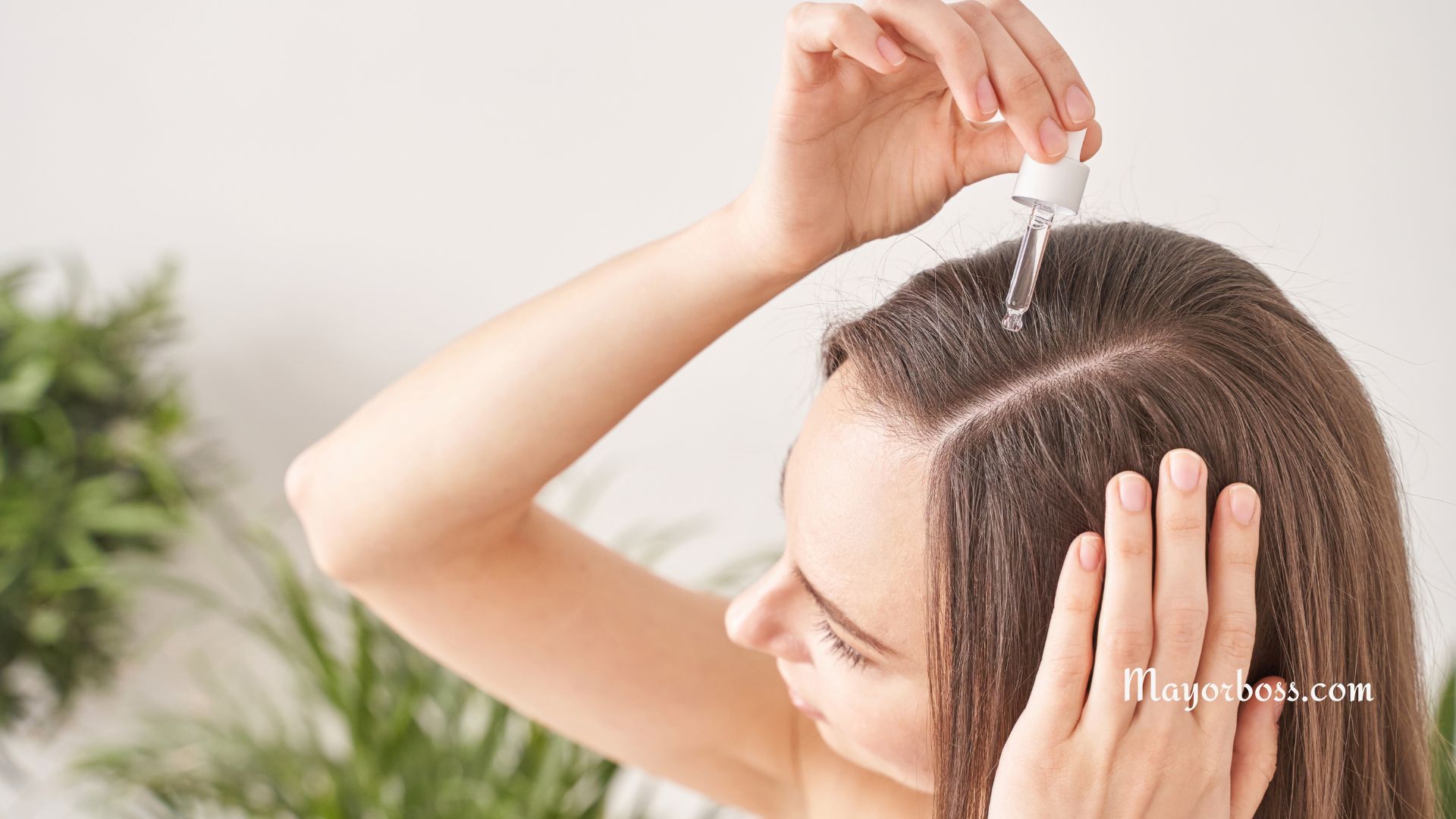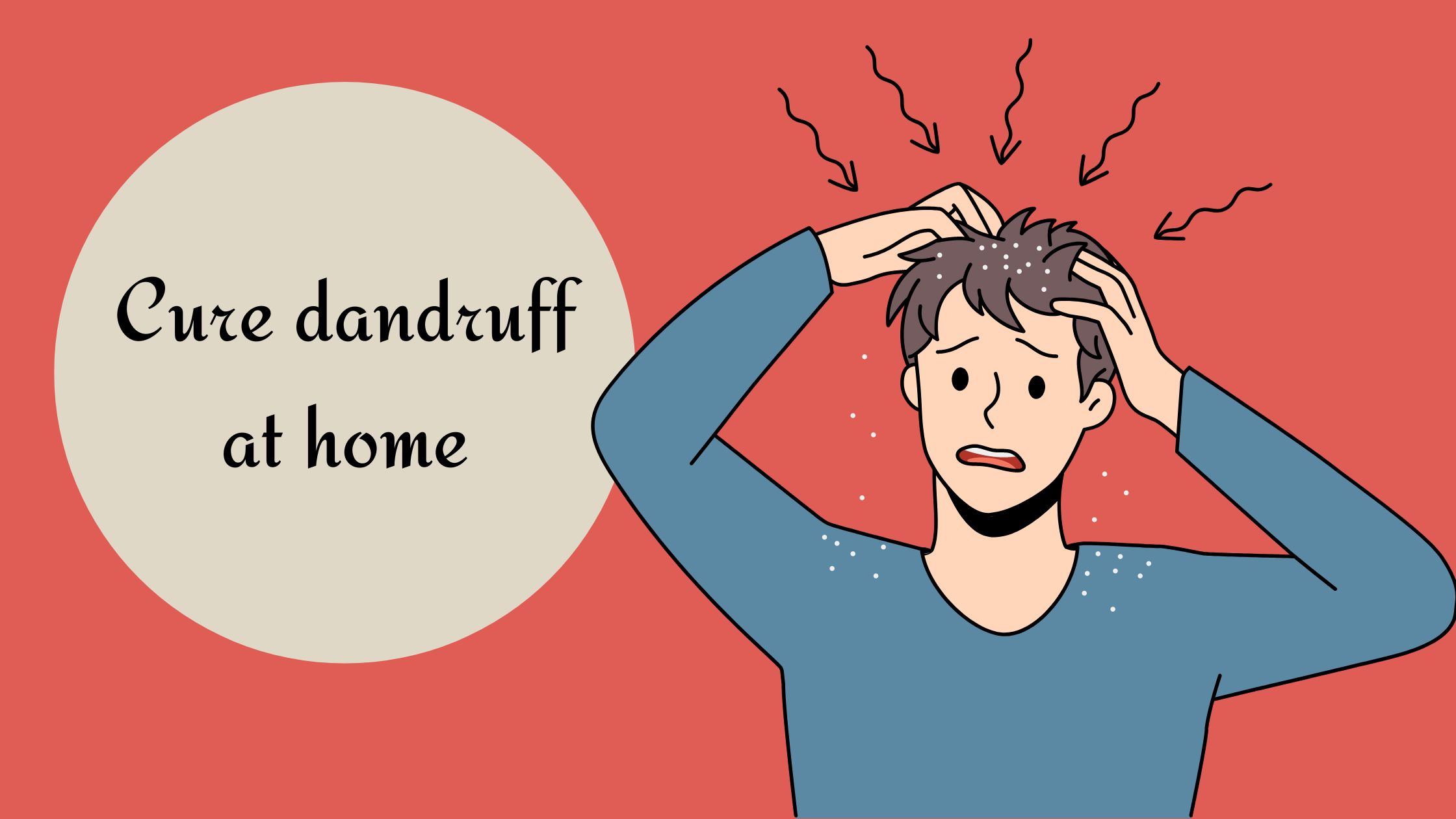6 Causes Of Dandruff (And How To Treat Them)
When it comes to scalp health, dandruff often emerges as a common concern. This condition, characterized by an itchy scalp and flakiness, can be frustrating and embarrassing. Here in this article, we explore the causes of dandruff and how you can treat them.
Causes of Dandruff
Here are six common causes of dandruff:
1. You have dry skin
Dry skin is actually one of the most typical causes of dandruff. If you notice your dandruff flakes are smaller and less oily and your scalp is feeling tight and itchy, especially during winter months, it could be due to dry skin.
2. You have Seborrheic Dermatitis
One thing to note: Seborrheic Dermatitis is a common skin condition that affects the scalp. This doesn’t necessarily mean you’re unclean, but it does mean your skin is prone to produce excess oil, which can make dandruff more likely.
3. You Are Not Shampooing Enough
Sometimes, not washing your hair frequently can also lead to a buildup of oils and skin cells, which then turn into dandruff. It definitely can be a problem if you aren’t sure how often to shampoo.
4. You Are Sensitivity to Hair Care Products
For some, sensitivity to certain ingredients in hair care products can cause a red, itchy, scaly scalp. This is another common cause of dandruff.
5. You Have Fungal Infections
Like it or not, your scalp is home to a type of fungus known as Malassezia. In most cases, this fungus lives on the scalp without causing any problems. But sometimes, it can get a little out of control and trigger dandruff.
6. Stress and Diet
While the link between diet, stress, and dandruff isn’t entirely clear, some people notice that they tend to have more flakes when they’re under stress or when they consume certain foods.
How To Treat Dandruff
Treating dandruff effectively involves addressing its underlying causes. Here are some ways you can treat it:
1. Use a Medicated Shampoo
If dry skin is the culprit, try using a medicated shampoo specifically designed to treat dandruff. It could be a quick fix for your problem.
2. Change Your Hair Care Routine
From shampooing more often to using different hair care products, changing your hair care routine can help alleviate dandruff caused by oil build-up or product sensitivity.
3. Consult a Dermatologist
While the fix for mild cases of dandruff can often be found at your local drugstore, more severe cases might need professional help. If over-the-counter shampoos and treatments aren’t doing the trick, it’s time to consult a dermatologist.
4. Adopt a Healthier Lifestyle
To combat stress and diet-related dandruff, adopting a healthier lifestyle can be beneficial. This includes eating a balanced diet, exercising regularly, and managing stress.
Further Reading: 5 Ways to Prevent Dandruff
Conclusion
Regardless of the cause, dandruff is a treatable condition. You might need to experiment with a few different treatments before you find what works best for you. And unfortunately, dandruff can be a chronic condition, but with the right treatment plan, you can keep it under control. Remember, you’re not alone in this – and help is available.
Further Reading: How to Treat Dandruff Yourself






